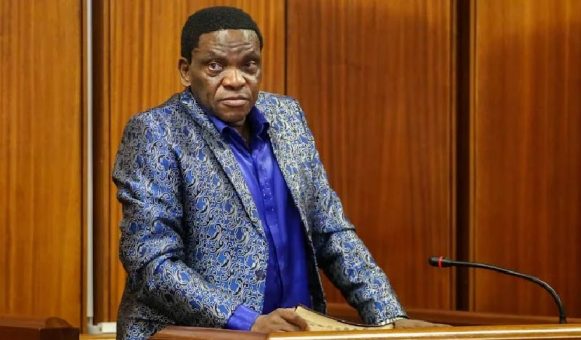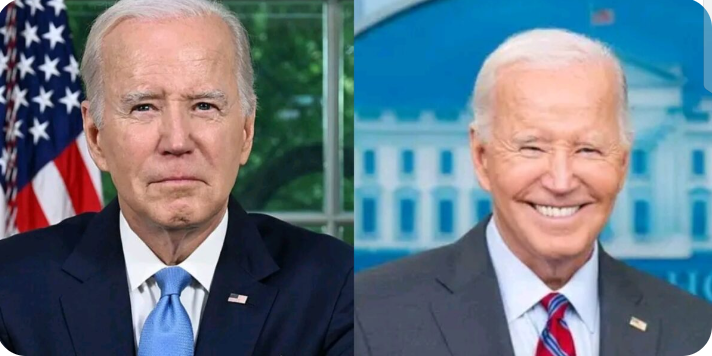
Nigerian Pastor Omotoso Deported from South Africa: A Controversial Chapter Closes

On May 19, 2025, a significant chapter in a long-standing legal drama came to an end as Nigerian pastor Timothy Omotoso was deported from South Africa.
This development follows a tumultuous eight-year legal battle that captured widespread attention across the nation and beyond.
Omotoso, the senior pastor of Jesus Dominion International Church, based in Port Elizabeth, had been a polarizing figure since his arrest in 2017 on serious allegations of rape, human trafficking, and sexual assault involving young women from his congregation.
The saga began when Omotoso was dramatically apprehended by South Africa’s Hawks, a priority crimes unit, at the Port Elizabeth International Airport on April 20, 2017.
He faced 32 charges, with testimonies alleging that he exploited his position as a religious leader to manipulate and assault vulnerable women, some as young as 14.
One of the key witnesses, Cheryl Zondi, shared a harrowing account in 2018, claiming that Omotoso had raped her starting at the age of 14.
Her testimony, part of a trial broadcast live—a first for such a high-profile rape case in South Africa—drew significant public interest and highlighted systemic issues in addressing sexual violence within religious institutions.
However, on April 2, 2025, the Eastern Cape High Court, presided over by Judge Irma Schoeman, acquitted Omotoso and his co-accused, Lusanda Sulani and Zukiswa Sitho, of all charges.
The court’s decision was based on procedural failures by the prosecution. South Africa’s National Prosecuting Authority (NPA) acknowledged that the case had been mishandled, pointing to improper conduct by former prosecutors and inadequate cross-examination of the accused.
This verdict sparked heated debates, with many questioning the integrity of the judicial process and the challenges of prosecuting influential figures in cases of sexual misconduct.
Following his acquittal, Omotoso was briefly released on May 13, 2025, as authorities reviewed an appeal against his classification as a “prohibited person” under South African immigration law.
However, this reprieve was short-lived. Just days later, on May 19, 2025, he was deported to Nigeria, a move that reignited discussions about the intersection of immigration enforcement, religious leadership, and justice.
The deportation has left a divided public—some see it as a necessary step to uphold legal standards, while others argue it raises concerns about fairness and the treatment of foreign nationals in South Africa.
Omotoso’s case has not only exposed flaws in the legal system but also prompted broader conversations about accountability, the protection of vulnerable individuals in religious settings, and the complexities of navigating justice in high-profile cases.
As he returns to Nigeria, the ripple effects of this saga are likely to linger in both South Africa and the global religious community.


